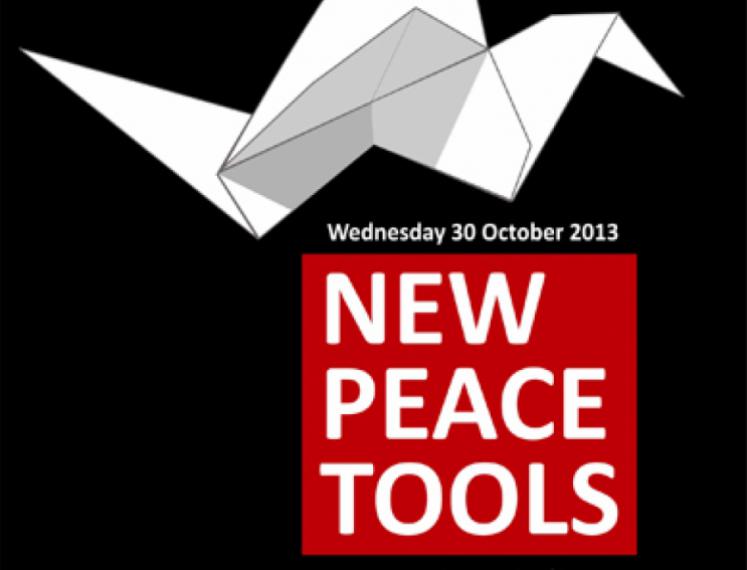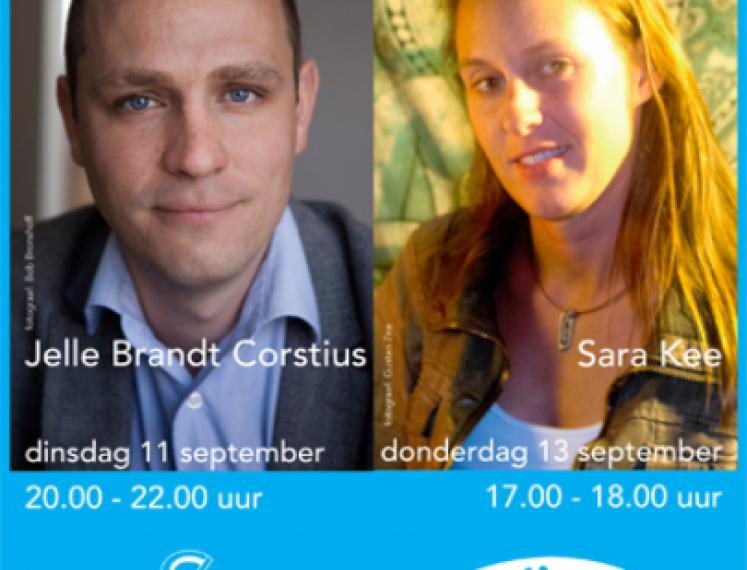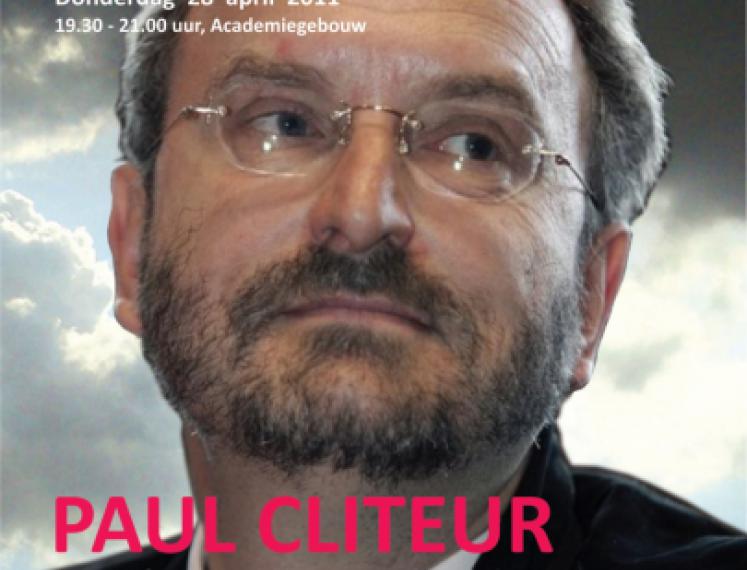New Peace Tools
What can the international community do better to protect civilians, deter violence, and strengthen local peace infrastructures? An unexpected answer may lie in a new peace tool that has recently become available: organized unarmed civilian peacekeepers (UCP’s).
The 20th century saw a dramatic increase in civilian deaths due to violent conflicts and wars. Even today, violence against civilians remains unacceptably high in absolute terms. Almost 70 years after the UN Charter promised to “save succeeding generations from the scourge of war”, more than two hundred wars have taken place, and mass atrocities continue to be perpetrated. What can the international community do better to protect civilians, deter violence, and strengthen local peace infrastructures? Questions will be raised about the mandate, strengths and limitations of the UN and the current and potential role of global civil society. An unexpected answer may lie in a new peace tool that has recently become available: organized unarmed civilian peacekeepers (UCP’s). What role can these UCP’s play in the many violent conflicts around the world? What role could they have played in passed conflicts such as in Sudan? And could it break the current impasse in Syria?
Mukesh Kapila and Mel Duncan will give brief presentations, followed by a discussion guided by Rolf Carriere
Mukesh Kapila has over 30 years of experience in international affairs. He is Professor of Global Health and Humanitarian Affairs at the University of Manchester. His special expertise is in peace and security promotion, and human rights advancement, with a focus on the prevention of genocide and crimes against humanity. He has held senior positions in government, UN multilateral agencies, International Red Cross and Red Crescent and academia. He is the author of the book ‘Against a Tide of Evil: How One Man Became the Whistleblower to the First Mass Murder of the Twenty-First Century.’ (2013)
Tiffany Easthom serves as the Country Director for Nonviolent Peaceforce’s peacekeeping project in South Sudan, where her work includes the return and protection of child soldiers as well as working with women on protective strategies for gender based violence. In the past she served as Country Director at NP's Sri Lanka project as well as Country Director for Peace Brigades International in Indonesia.
She holds a Bachelor's Degree in Justice Studies and a Master's Degree in Human Security and Peacebuilding from Royal Roads University in Victoria, British Columbia, Canada.
Rolf Carriere, RUG graduate, worked with the UN, the World Bank, UNICEF and he was the first Executive Director of the Global Alliance for Improved Nutrition (GAIN). He is currently Senior Adviser to the Nonviolent Peaceforce, and Board Member of the Union of International Associations.
This lecture is organized in co-operation with the Dutch United Nations Student Association SIB.
Interesting links:
Website Mukesh Kapila
Website Nonviolent Peaceforce
Video: Unarmed Civilian Peacekeepers



